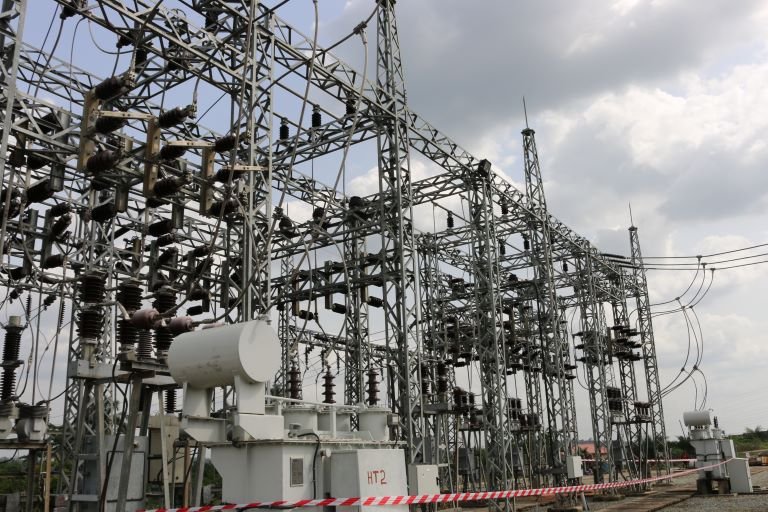The Federal Executive Council has ordered the full implementation of the Naira-for-Crude agreement. The policy aims to reduce Nigeria’s dependence on foreign exchange for petroleum transactions.
The Ministry of Finance announced the directive via its official X handle on Wednesday in a statement titled “Update on the Crude and Refined Product Sales in Naira Initiative.”
The first phase of the six-month agreement—between the Federal Government, NNPC Limited, and Dangote Petroleum Refinery—ended on March 31, 2025. This led Dangote Refinery to halt Naira-based petroleum sales since the deal was not renewed.
However, in an update following a key meeting on Tuesday, the government clarified that the policy is not temporary. It insists it’s a long-term strategy to support local refining, enhance energy security, and stabilize Nigeria’s foreign exchange market.
“This initiative is not a time-bound intervention but a key policy directive designed to support sustainable local refining and reduce reliance on foreign exchange in domestic petroleum transactions,” the statement read.
Strengthening Nigeria’s Energy Independence
The Naira-for-Crude policy requires that crude oil and refined petroleum products be transacted in Naira. This is to strengthen Nigeria’s economic sovereignty and stabilize the foreign exchange market. Government hopes it will reduce the demand for dollars in domestic petroleum transactions.
The Ministry of Finance explained that the policy is structured to encourage investment in refining infrastructure. It said that will ensure that Nigeria builds long-term energy independence.
While acknowledging challenges, the government assured that implementation obstacles are being systematically addressed.
“As with any major policy shift, issues may arise. However, coordinated efforts among all stakeholders are actively resolving them,” the statement noted.
The Council meeting was attended by top government officials and industry leaders, including:
- Wale Edun, Minister of Finance and Coordinating Minister of the Economy
- Zacch Adedeji, Executive Chairman of the Federal Inland Revenue Service
- Dapo Segun, Chief Financial Officer of NNPC Limited
- Representatives from Dangote Petroleum Refinery, NNPC Trading, Central Bank of Nigeria, Nigerian Ports Authority, and Afreximbank
Government officials assured stakeholders the policy would create a more stable energy market, attract investment, and ultimately benefit Nigerian consumers.
Like 👍, Comment, share this article, and Follow us on our social media handles.







